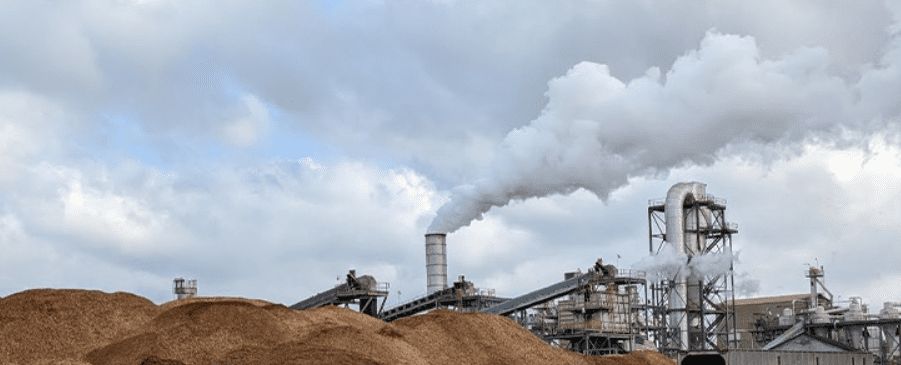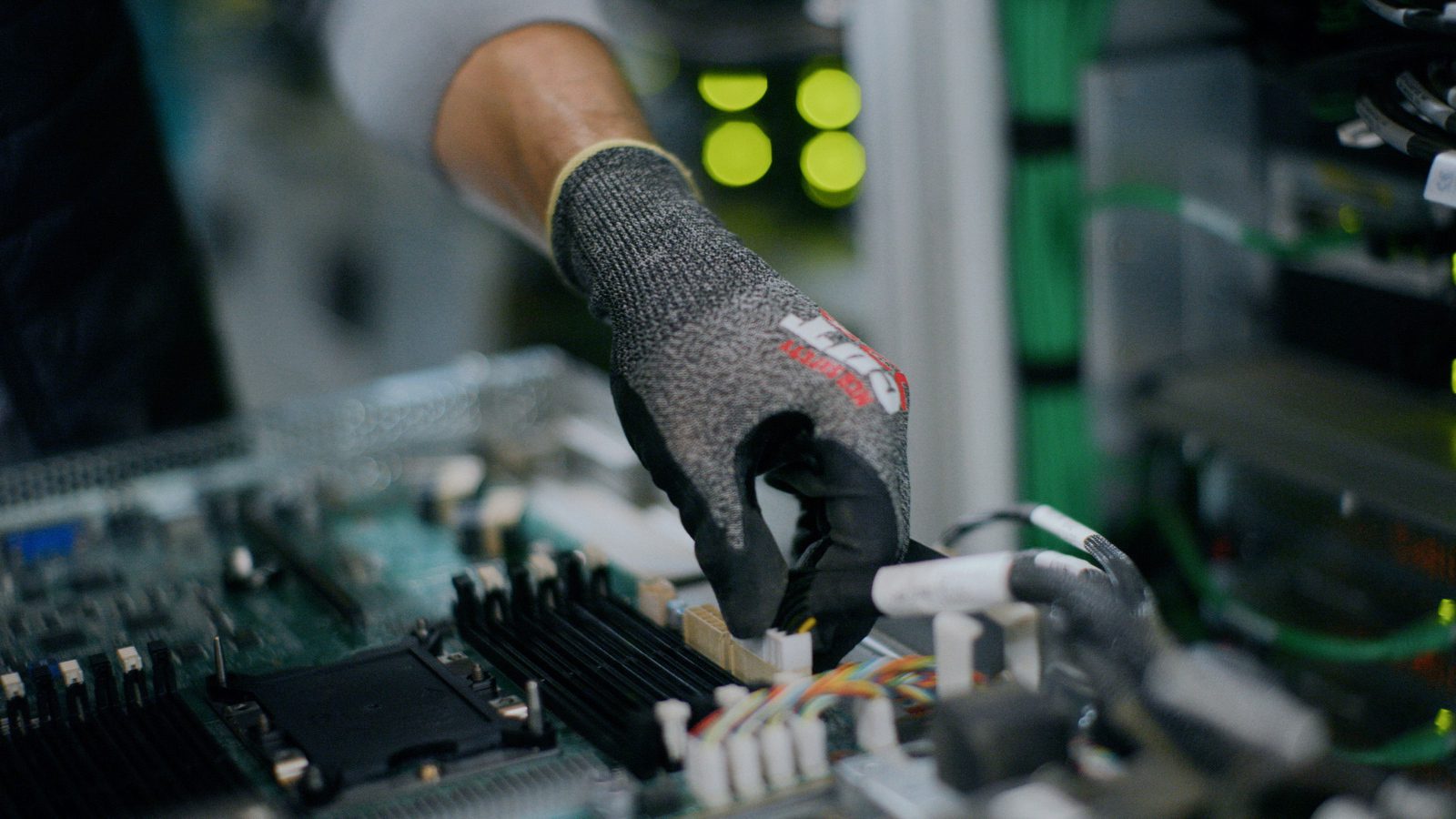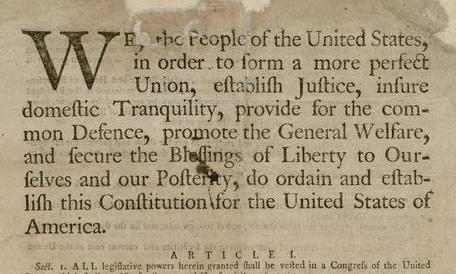
As columnist Kelley Williams writes, Enviva’s financial struggles have caused the company to be in the news as of late. The company’s survival, it seems, depends on renegotiating customer contracts.
KiOR was a green energy scam. It was supposed to turn Mississippi pine trees into diesel. It was promoted by Silicon Valley entrepreneur Vinod Kosler and backed by a popular Mississippi Governor. Its first plant near Columbus was funded by a $75 million interest free “loan” from the Mississippi Development Authority (MDA).
KiOR never produced any diesel. Its experimental reactor didn’t work (like Kemper’s experimental gasifier). KiOR bit the dust in 2014. It went bankrupt. Its stock options to entice Condoleezza Rice and other director notables were worthless. But then they didn’t cost the directors anything.
MDA’s note from KiOR was also worthless. But its default cost Mississippi taxpayers $69 million. MDA bureaucrats are good at spending Other People’s Money on experiments. They have this in common with the Mississippi Public Service Commission. It likes experiments and green scams too. It makes utility monopolies’ customers pay for them.
Enviva is a KiOR look alike. You may not have heard about it because it’s a Maryland company. It makes wood pellets. In fact, it’s the world’s largest producer of wood pellets. It has two pellet plants and a pellet export facility in Mississippi. Yep, you guessed it. The MDA helped finance them. With Other People’s Money. Yours. You might guess politics were involved too. Green politics.
Enviva has been in the news lately. Mongabay News reported a company whistleblower (they’re everywhere) says the company’s green claims are fraudulent. The claims also defy common sense. But so do solar plants that supply electricity 25% of the time when it’s needed 24-7-365. Hey, you’re not supposed to ask if green energy makes common sense or economic sense. Just pretend it does.
Enviva’s wood pellets from Mississippi plants are exported to Europe, the U.K., Japan, and South Korea where they are burned in converted coal plants to produce clean electricity. The electricity is clean because wood pellets are considered a renewable energy source. The magic word that makes wood pellets clean and green is renewable.
Of course wood has been used as a fuel since the Stone Age. Even today about 14% of the world’s energy is provided from burning wood. Mostly by the poor in developing countries. The poor don’t burn manufactured wood pellets though. They’re too expensive. They’re burned by the rich in rich countries – who can afford to believe green energy myths. At least for a while.
It’s true that wood is and that forests are renewable. New trees grow back when old trees are cut. But it takes 30-40 years for trees to get big enough to be logged commercially. What happens in the meantime? Who wants to look at stumps and debris on logged over tracts? Apparently, a lot of unhappy people don’t.
Enviva is hearing from those unhappy people. It has also learned that buying stumpage (uncut trees) and logging and hauling logs to mills cost a lot. And that twigs, limbs, and scraps don’t make good pellets – despite its claims they do. It has also learned that pine trees are hard on their carbon steel sawmills and increase maintenance costs.
Building and operating pellet mills is easier than gasifying lignite or turning pine trees into diesel. But it’s harder than Enviva thought or reported. It costs a lot more to make pellets from logs than from free wood scraps and waste. Enviva didn’t tell stockholders about its expensive feed stocks. Or its maintenance problems.
Stockholders expected 2023 to be better than 2022 when revenues increased 24%, and the stock hit $87 per share. Pellet output was predicted to double by 2027. The company had new multi-year contracts with taxpayer subsidized customers. It ignored critics who say deforestation aggravates global warming (er climate change) and that wood burning is not a carbon neutral substitute for coal.
Stockholders got an unpleasant surprise from first quarter 2023 results. The company lost $117 million. The stock fell to $8. It’s now less than $1. Losses have increased to $250 million. The Company says survival depends on renegotiating customer contracts. Looks like dead man walking. And another one bites the dust.
So what’s the moral. The North Carolina based Dogwood Alliance says the wood pellet industry operates on a model of greenwashing and bad climate science. You could say the solar and wind industries do too. One reason they can and do is their customers are government granted utility monopolies. Most are overseen by appointed regulators. Their gratitude and loyalties are to their appointers – who have their own political debts.
Some utility monopolies are regulated by elected officials like Mississippi’s three Public Service Commissioners. They are nominally independent and may see that customers get affordable reliable electricity. But they can be captured by the utilities they regulate and their vendors, contractors, consultants, lawyers, etc.
We have three new PSC Commissioners now after the recent elections. Clean sweep. Clean slate. Independent commissioners. But some say they are inexperienced (i.e., not yet captured). Let’s hope they stay independent as they gain experience. If they do, look for an organized effort by the utilities and their pilot fish to change the law and have the Governor appoint the Commissioners.
A smart friend (Harvard grad) told me he learned in a government policy class that the best business to have is a government regulated monopoly. It’s easy and cheap to capture the regulators. And the customers are locked in and defenseless. Sounds like some utilities and customers we know. And some former Commissioners we knew.










